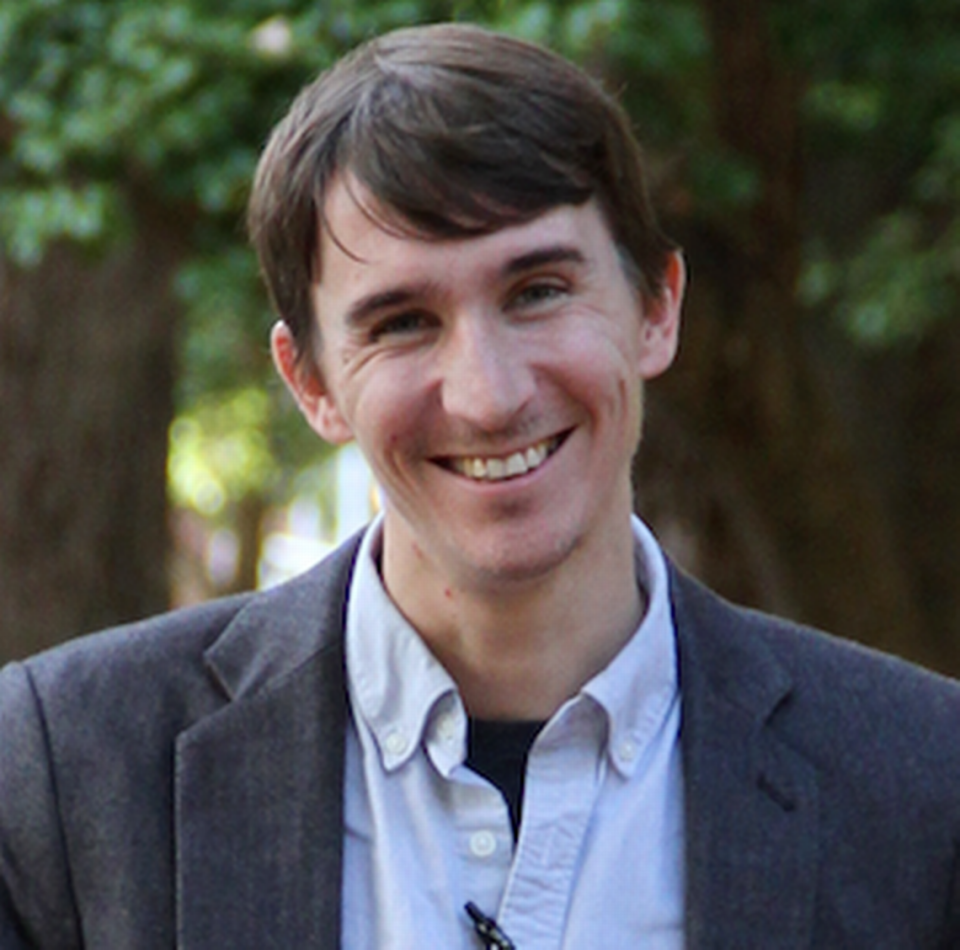On Israel, protests at UNC go viral, but important events like this matter | Opinion
Last week, more than a hundred people turned out for an event at UNC-Chapel Hill about the war in Gaza. It didn’t make the news or go viral, because it wasn’t a protest, a sit-in or an incendiary Tweet. It was a scholarly discussion.
As happens all the time on a college campus, two professors sat down with an auditorium full of students and patiently walked through the deep context behind the headlines.

Jeff Spinner-Halev and Navin Bapat — both of whom teach in UNC’s Peace, War, and Defense Program — spoke about the history of the Israeli-Palestinian conflict, the motivations behind Hamas’s brutal terrorist attack, and how the laws of war factor into Israel’s response.
They also pushed back against the cartoonishly simple slogans that dominate protests and social media feeds about the conflict. Hamas is a terrorist group, Bapat said, but it doesn’t represent the majority of Palestinians. Israel has an absolute right to self-defense, Spinner-Halev said, but should carefully consider proportionality and strategic goals. “A feature of conflict is that you do start seeing things as black and white,” Bapat cautioned. But avoiding absolutist thinking is the only path to peace. “That’s extremely difficult, but it’s going to be necessary.”
The dynamics of online life are making it harder to escape extremist rhetoric, and social media is helping drive many of the ugly scenes of confrontation on college campuses.
A good friend of mine, a UNC graduate in her twenties, recently showed me how the Israel-Palestine conflict is playing out on her iPhone screen. Scrolling rapidly by, there was a burst of anti-Israel outrage, a gut-wrenching photo of injured children, baking tips from a friend, Bjork’s five-word analysis of Palestinian land rights, a birthday party invite, and vitriolic denunciation of a stranger for failing to denounce another stranger.
It’s an agitated, mind-melting way to consume information, and that’s the point. Social media was never designed for the difficult work of education or democratic debate. Trying to have a nuanced political discussion on Instagram is like trying to play a concerto with a kazoo. It’s the wrong instrument for the job.
Social media exists to sell ads, and that’s easier when people are overwhelmed and anxious. Moving public life onto these performative platforms has created a fearful environment for many young people. Ample research shows that college students worry about saying the wrong thing or failing to say the right thing and finding themselves at the center of an ugly pile-on. So reasonable voices stay quiet while extremists dominate.
“When people are under threat, their best selves do not come out,” Professor Spinner-Halev said at the UNC-CH discussion. “Their best selves to compromise and negotiate are just not on the table.” That’s true in warfare, and it’s true in political debate. A culture of caustic denunciation and frightened silence is exactly the opposite of what we need for a healthy campus or a functioning democracy.
I am a fierce defender of free speech, and the First Amendment protects the right to ignorant vitriol as readily as it protects a Socratic dialogue. But if 360 million Americans are going to hash out their differences without ripping the place apart, we need public rhetoric that aims to persuade and educate, not flame opponents and flatter allies.
Universities promote that kind of patient deliberation daily. There’s a reason it makes news when campus protesters get into a shouting match, but not when students fill a lecture hall to take notes and ask questions. The protest is unusual; the workaday miracle of teaching young people to think better is so routine it passes without notice.
We need a lot more old-school learning and open-minded listening if we’re going to escape this era of provocation. At its best, education refutes simplistic thinking, rejects hateful rhetoric, and resists the temptation to treat world events as yet another occasion for righteous posturing.
Spinner-Halev told students that once a sense of threat has passed people of goodwill have a chance to talk and find a way forward. He added: “I’m on that side, and I urge you to be on that side, too.”
C ontributing columnist Eric Johnson lives in Chapel Hill. He works for the UNC System and the College Board, and you can reach him at ericjohnson.unc@gmail.com .

